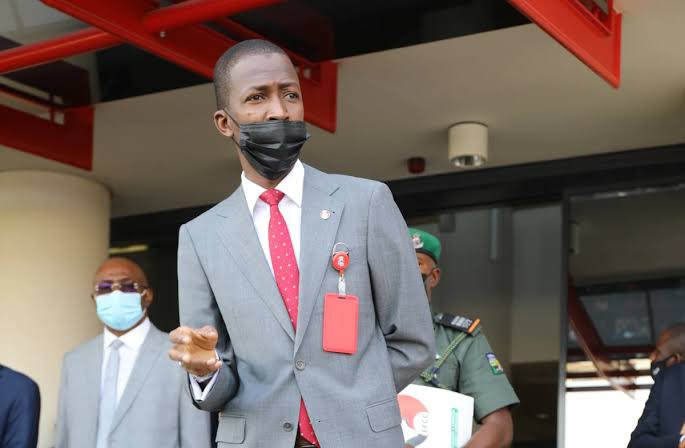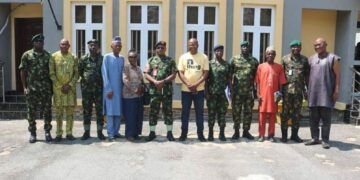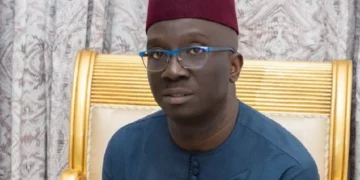Chairman of the Economic and Financial Crimes Commission (EFCC) Abdulrasheed Bawa yesterday said the newly enacted Money Laundering (Prevention and Prohibition) Act, of 2022 will support the commission in its sustained fight against terrorism financing and corruption in Nigeria.
Bawa, who stated this while speaking in Lagos at a one-day workshop for selected journalists on financial crimes reporting, noted that the Act has introduced significant changes to the legal and institutional framework for the prevention and prohibition of money laundering in Nigeria.
The EFCC boss also pointed out that “there are certain provisions of this new law that he believes will affect Nigerians directly or indirectly. One is the secrecy of financial transactions.
“The new law criminalizes the operation of numbered accounts and also mandates financial institutions to ascertain the beneficial owners of accounts before opening such accounts.
“There is a more robust requirement for due diligence and reporting obligations by financial institutions and non-financial businesses and professions to the Special Control Unit Against Money Laundering, SCUML,” he stated.
Bawa also disclosed that the anti-graft agency in 2021 secured 2220 convictions and that the figures have jumped to 2701 by October 7, 2022.
He also said that assets running into several billions of naira have also been recovered by the commission.
He stressed that despite these performances the commission is not resting on its laurels because there is more ground to be covered.
The EFCC chairman maintained, “We believe that more needs to be done to deter citizens from getting involved in financial crimes and discourage the theft of public resources.
“We believe that some of these crimes could be prevented if the members of the public have the right information. It is, for this reason, we are intensifying our public enlightenment engagements which, in a few weeks will witness the formal launch of the EFCC Radio,” he stated.
Bawa also noted that the role of the media in projecting the work of the EFCC over the last 19 years is remarkable and the anti-graft agency should reciprocate by seeking to further expand journalists’ capacity to deliver their onerous national duty in expanding the space of transparency and accountability in public life.





